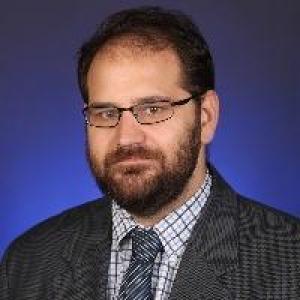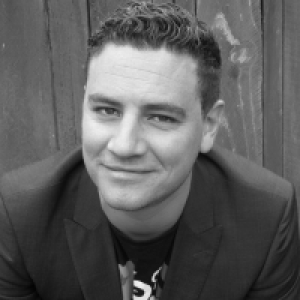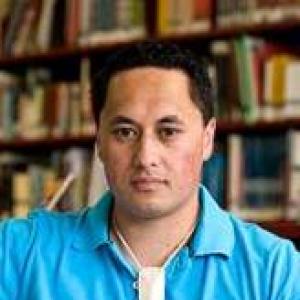-
Full project Kia Ārohi Kia Mārama - Scoping Excellence
Project commenced:What current methods do Māori use to manage money? What financial products and services are likely to be effective for Māori and how might these be successfully implemented? What support can Māori organisations (including iwi) and the government provide to increase whānau financial literacy and savings?
Poverty within many Māori communities is perpetuated by low incomes, poor financial literacy and a lack of whānau role models who encourage saving. For change to occur, financial education, collaborative community efforts and radical behavioural shifts are required.
-
Scoping project
Project commenced:What unique Human Resource Management (HRM) practices are offered in Aotearoa workplaces that directly engage in a positive way with Māori employees?
What do these look like? How are the perceived (and received) by Maori and non-Māori employees? Do they positively shape attitudes as we might expect - and if not, why not? What are the barriers and drivers behind them? -
Full project Kia Ārohi Kia Mārama - Scoping Excellence
Project commenced:What are the bases for Māori enterprise collaboration? How do Māori activate Indigenous entrepreneurial capabilities for collaboration and what forms do Māori enterprise collaborations take?
By exploring Māori enterprise collaboration as a fundamental but challenging strategy for Māori economic development, this project identifies principles and models which can inform Māori and non-Māori about enterprise collaboration. It does this by using mātauranga Māori, kaupapa Māori, tikanga Māori and te reo Māori, as well as considerations of non-Māori principles, practices and technologies for enterprise collaboration.
-
Internship project
Project commenced:Intern: Jonothan Rau
Supervisor: Dr Shaun Awatere
Ngā Pae o te Māramatanga/Manaaki Whenua Landcare Research
This research project seeks to identify horticultural land use opportunities in Māori-owned Wairoa, Te Tairawhiti rohe. The outcomes of this project are to monitor and assess current soil and water trends to determine the most suitable crops for preventing wind and water erosion. Methods include district scale spatial analysis (Reid et. al 2006) to determine the most suitable crops, of which are saffron, feijoa and gevuina.
This project continued into a Master’s study in January, 2018.
-
Internship project
Project commenced:Intern: Rewi Nankivell
Supervisor: Dr Carla Houkamau
The University of Auckland Business School
This research seeks to determine the concepts of cultural richness through a Māori lens and within the principles of whanaungatanga, manaakitanga and aroha. Nankivell blends personal narrative and research to examine cultural richness and social capital and how these themes can be integrated into an urban setting.




